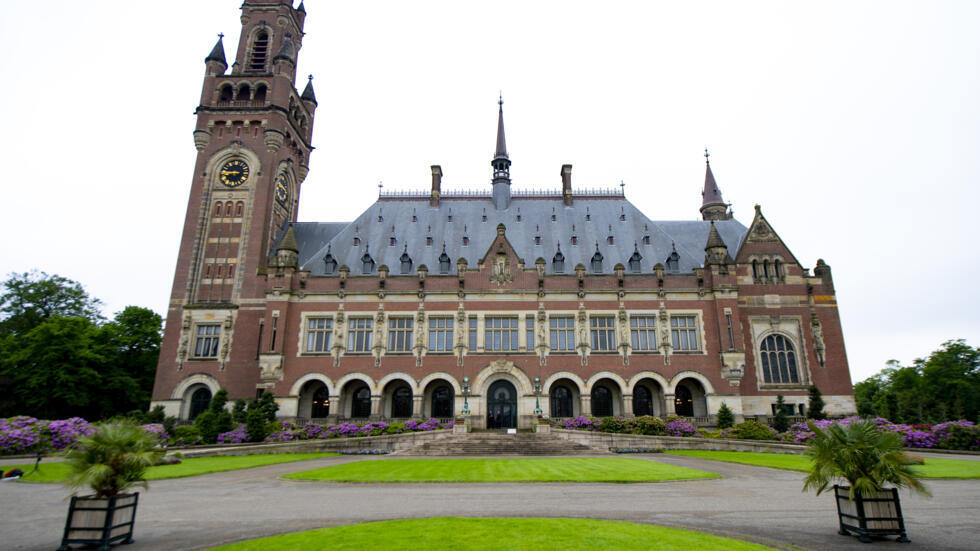News Flash
News Flash

THE HAGUE, April 10, 2025 (BSS/AFP) - Sudan told the International Court of
Justice on Thursday that the United Arab Emirates was the "driving force"
behind what it called a genocide in Darfur via its alleged support for rebels
fighting the Sudanese army.
Khartoum has dragged the UAE before the ICJ, accusing it of complicity in
genocide against the Masalit community through their backing of the
paramilitary Rapid Support Forces (RSF) that have been battling the Sudanese
army since 2023.
The UAE denies supporting the rebels and has dismissed Sudan's case as
"political theatre" distracting from efforts to end the war that has killed
tens of thousands.
Opening the case, Muawia Osman, Sudan's acting justice minister, told the
court that the "ongoing genocide would not be possible without the complicity
of the UAE, including the shipment of arms to the RSF".
"The direct logistical and other support that the UAE has provided and
continues to provide to the RSF has been and continues to be the primary
driving force behind the genocide now taking place, including killing, rape,
forced displacement and looting," said Osman.
Sudan wants ICJ judges to force the UAE to stop its alleged support for the
RSF and make "full reparations", including compensation to victims of the
war.
But Reem Ketait, a top UAE official, described Sudan's case as a "blatant
misuse of a respected international institution" and "entirely without legal
or factual merit".
"What Sudan needs now is not political theatre, but an urgent immediate
ceasefire and a serious commitment from both warring parties to negotiate a
peaceful resolution," said Ketait in a statement.
The case comes a day after the United States and Saudi Arabia called on the
Sudanese army and paramilitary forces to resume peace talks in the country's
conflict.
- 'Important questions' -
Legal experts say Sudan's case may founder on jurisdictional issues.
When the UAE signed up to the Genocide Convention, it entered a "reservation"
to a key clause enabling countries to drag each other before the ICJ over
disputes.
Sudan's claims raise "important questions", Michael Becker, international law
expert from Trinity College Dublin, wrote in a recent piece for Opinio Juris
specialist website.
"Because the UAE made a reservation to Article IX when it acceded to the
Genocide Convention in 2005, the ICJ can be expected to conclude that it
lacks jurisdiction over the dispute," wrote Becker.
Sudan argued in its application that the UAE's reservation is "incompatible"
with the purpose of the Genocide Convention, which emphasises global
collective responsibility to prevent the world's worst crimes.
The rulings of the ICJ, which hears disputes between states, are final and
binding but the court has no means to ensure compliance.
Judges ordered Russia to halt its invasion of Ukraine to no avail, for
example.